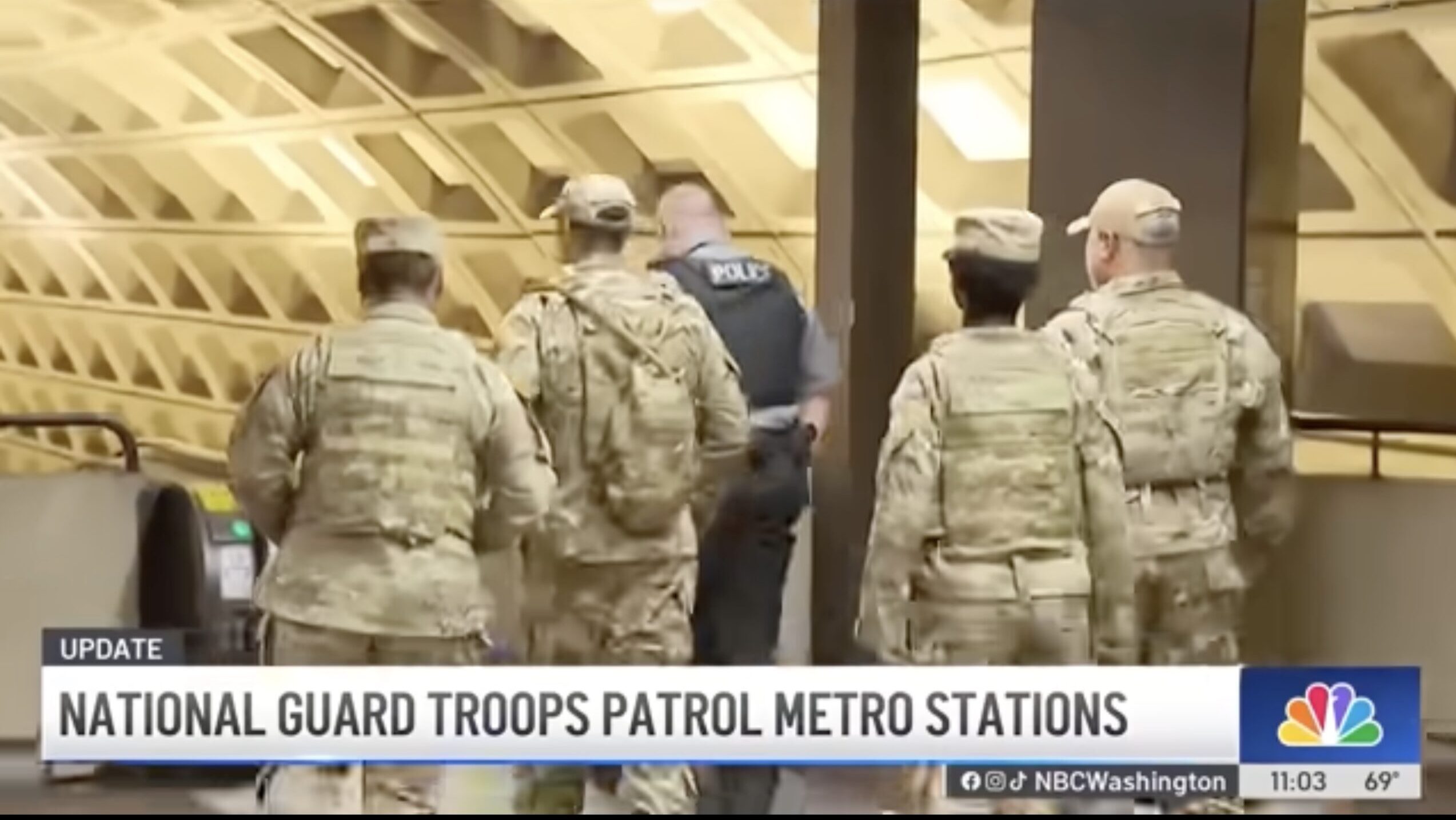Washington, D.C. has recorded its first week without a homicide in years, a development attributed to the recent deployment of the National Guard by President Donald Trump. The deployment aimed to restore order in the capital amid rising crime rates.
Explainer As A Former DC Cop, The Federal Takeover Was The Right Move
In the past week, D.C. has seen a notable decrease in various crime categories. According to a report from Fox45, carjackings have dropped by 83%, robberies by 46%, car thefts by 21%, and overall violent crime is down by 22%.
Sgt. Betsy Smith of the National Police Association highlighted the critical staffing shortages faced by the D.C. police department, stating, "More police generally equals less crime." This sentiment underscores the importance of adequate law enforcement presence in maintaining public safety.
Critics of the National Guard's presence, including D.C. Attorney General Brian Schwalb, argue that the deployment undermines public safety. Schwalb stated that the actions taken do not address the district's real public safety priorities.
Mara Lasko, a D.C. resident, expressed skepticism about the effectiveness of the National Guard, saying, "I don’t think they’re actually doing anything productive to make our city a safer place." Such opinions reflect a broader concern among some residents regarding the militarization of law enforcement.
The Center for American Progress (CAP) has also criticized the deployment, claiming it fails to address the underlying issues of public safety in the district. CAP argues that the National Guard's presence may threaten safety rather than enhance it.
Despite the criticism, the recent crime statistics suggest a positive impact from the National Guard's deployment. Supporters of the initiative argue that the results demonstrate the effectiveness of decisive leadership in combating crime.
The contrasting views on the National Guard's role in D.C. highlight a deeper divide in perceptions of law enforcement and public safety strategies. Proponents assert that strong action can lead to significant improvements in community safety, while opponents caution against potential negative consequences of such measures.
As D.C. continues to grapple with crime and safety concerns, the debate over the role of the National Guard and police will likely persist, shaping the city's approach to public safety in the future.
Why it matters
- D.C. recorded its first week without a homicide in years, indicating a significant shift in crime trends.
- The National Guard's deployment has led to substantial decreases in various crime categories, suggesting effective intervention.
- Critics argue the National Guard's presence may undermine public safety, highlighting a divide in community perceptions.
- The contrasting views on law enforcement strategies reflect ongoing debates about effective public safety measures in D.C.
What’s next
- Monitor ongoing crime statistics to assess the long-term impact of the National Guard's deployment.
- Engage in community discussions to address concerns about militarization and public safety priorities.
- Evaluate potential policy changes based on the effectiveness of current law enforcement strategies.
